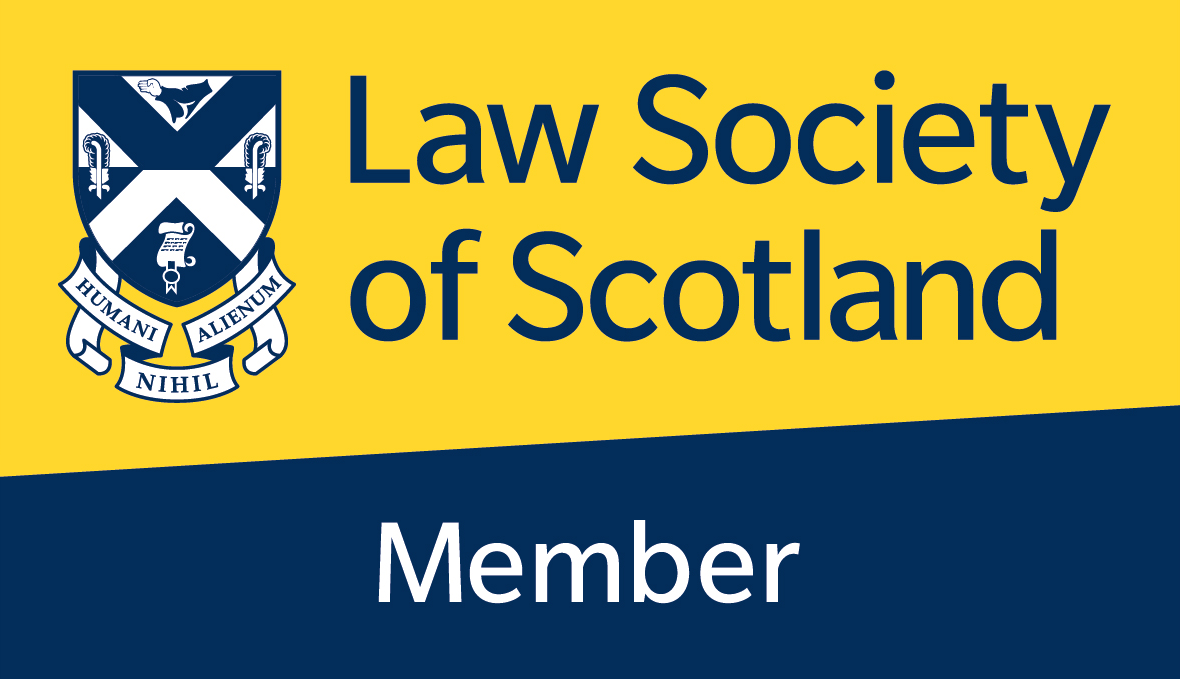Lawford Kidd, Personal Injury Solicitors
Parliament Debates Courts Reform Bill
The Stage 1 debate on the Courts Reform (Scotland) Bill took place earlier this week, with MSPs unanimously approving the general principles of the bill.
Perhaps unsurprisingly, following the Justice Committee’s Stage 1 Report and recent comments made by the Law Society of Scotland, much of the debate focused on the proposal to increase in the private jurisdiction limit of the sheriff court for bring claims worth £5,000 up to £150,000.
Ahead of the debate, Law Society of Scotland’s Civil Justice Committee Secretary, Fiona Robb stated:
"We support the majority of the recommendations of the Justice Committee, and we agree with the government that the threshold needs to be raised from its current £5000. We have however, consistently said that the proposed threshold of £150,000 for cases being heard in the Court of Session is too high. We were pleased to see the Justice Committee recognised this in their report and would prefer to see the limit set at £50,000. Such a radical increase in the threshold will result in a large transfer of cases to the Sheriff courts. Without the number of sheriffs being increased, and along with the current programme of closures across the court estate, this is likely to lead to delays which will adversely affect access to justice. A threshold of £50,000 will ensure that the majority of serious and complex cases will continue to be heard in Scotland's highest court”.
In opening the debate, Cabinet Secretary for Justice, Kenny MacAskill quickly addressed this contentious issue:
“I turn to the exclusive competence of the sheriff court, in relation to which there have been calls for a lower threshold than £150,000. We will consider all views, although we believe that £150,000, which was the figure set by Lord Gill in his review, is the appropriate level. That is why we consulted on that figure and included it in the bill.
It is important to ensure that any new level that is set for cases raised in the sheriff court reflects the fact that, at present, too many low-value cases are being raised unnecessarily in the Court of Session. That results in increased costs for all parties involved and deters other types of litigation from being raised there. It is also important to ensure that the exclusive competence level allows a suitable amount of business to transfer to the new specialist personal injury court. On the attempts to lower the exclusive competence, the lower the level, the less chance we have of delivering more proportionate costs to litigants.
Lord Gill’s review chose the figure of £150,000 on the basis that, on average, the sum sued for at the beginning of a case is three times higher than the settlement figure at the end of a case. Those who advocate a lower limit of £20,000 to £50,000 base those figures on the sum settled, but that would be unworkable as the sum settled is not known at the beginning of a case, when a decision needs to be taken on which court it is to be raised in.”
Mr MacAskill continued: “There are those who say that we will see a deluge of cases descending on sheriff courts, but that will simply not be the case. The personal injury court will be up and running to coincide with the increase in exclusive competence.”
Mr MacAskill’s comments failed to convince all MSPs however, with Elaine Murray of Labour stating: “We believe that the £150,000 limit is too high in relation to average incomes in Scotland, where the average male full-time annual income is £29,300 and the average female income is £23,600.”
Similarly, Conservatives MSP, Margaret Mitchell commented: "The threshold would also compromise access to justice, particularly for victims of complex but less costly personal injury cases, as the Bill makes no provision for individuals to employ counsel regardless of the fact that their opponents can and will employ counsel. As a result of that inequality, the number of cases that settle will decrease..."
Liberal Democrat, Alison McInnes appeared to agree with her fellow MSPs: “One of the most contentious issues is that of the proposed jurisdictions of the Court of Session and the sheriff court. There now appears to be a consensus that increasing the privative jurisdiction of the sheriff courts to £150,000 would set the bar far too high. Although transferring some business from the Court of Session is not objectionable, that would be too significant a leap from the existing £5,000 threshold and would be considerably higher than the equivalent limits elsewhere in the United Kingdom.”
Following the debate, Dean, Faculty of Advocates, James Wolffe, QC expressed a similar opinion: “The proposed increase in the threshold for litigants to bring their cases in the Court of Session is a matter of concern for many organisations as well as the legal profession.”
The debate made it clear that increasing the privative jurisdiction of the sheriff courts remains a contentious issue across Scotland. This concern, together with the others highlighted during the debate, must be addressed at Stage 2.
Click here to read the debate in full.
Call Lawford Kidd Personal Injury Solicitors Today
Lawford Kidd are specialist personal injury solicitors with offices in Glasgow, Edinburgh, Aberdeen, Fife and Dundee. For help making a claim in Scotland, call us on 0131 516 5503 or click here.
By accepting you will be accessing a service provided by a third-party external to https://www.lawfordclaims.com/









